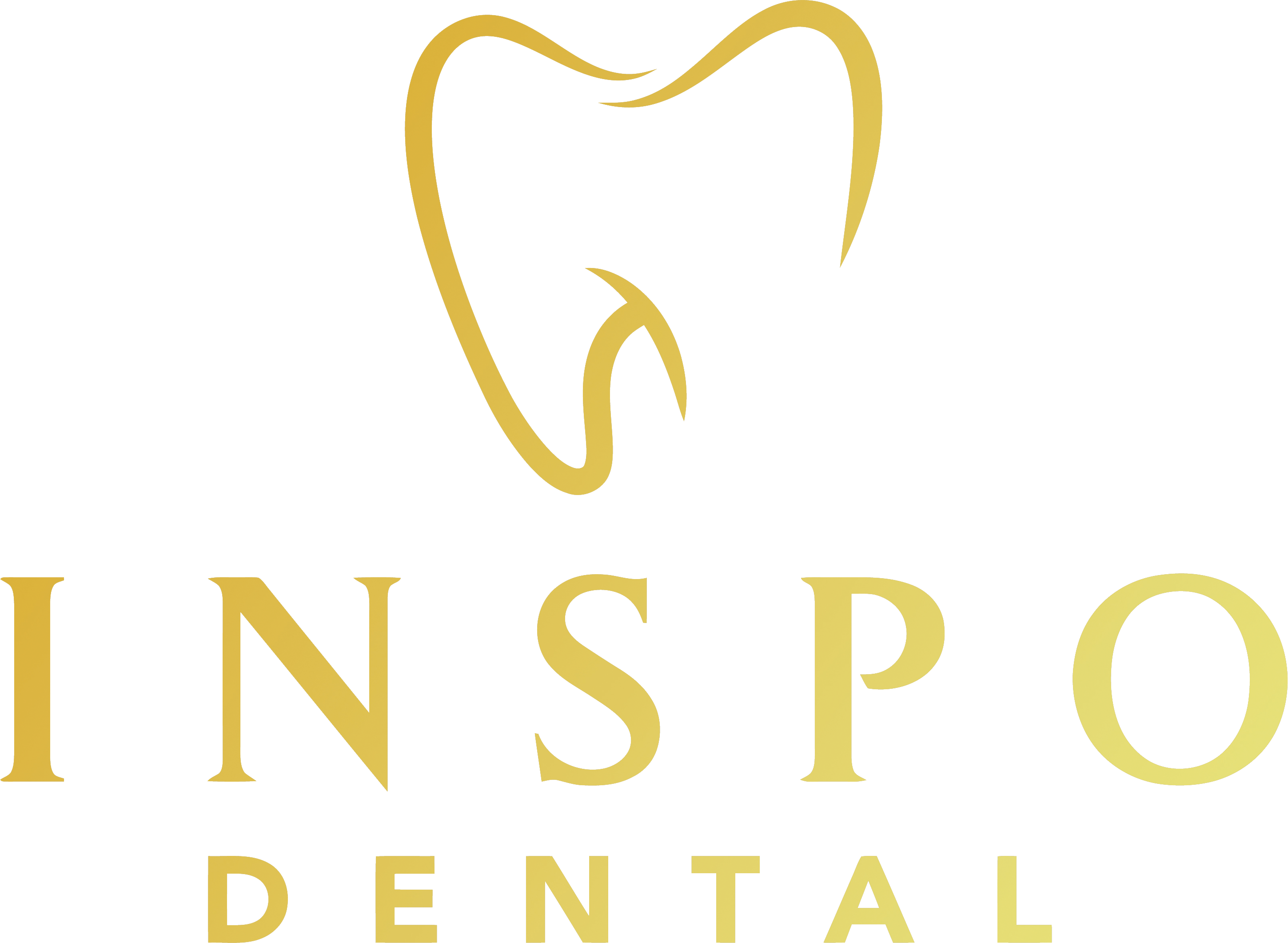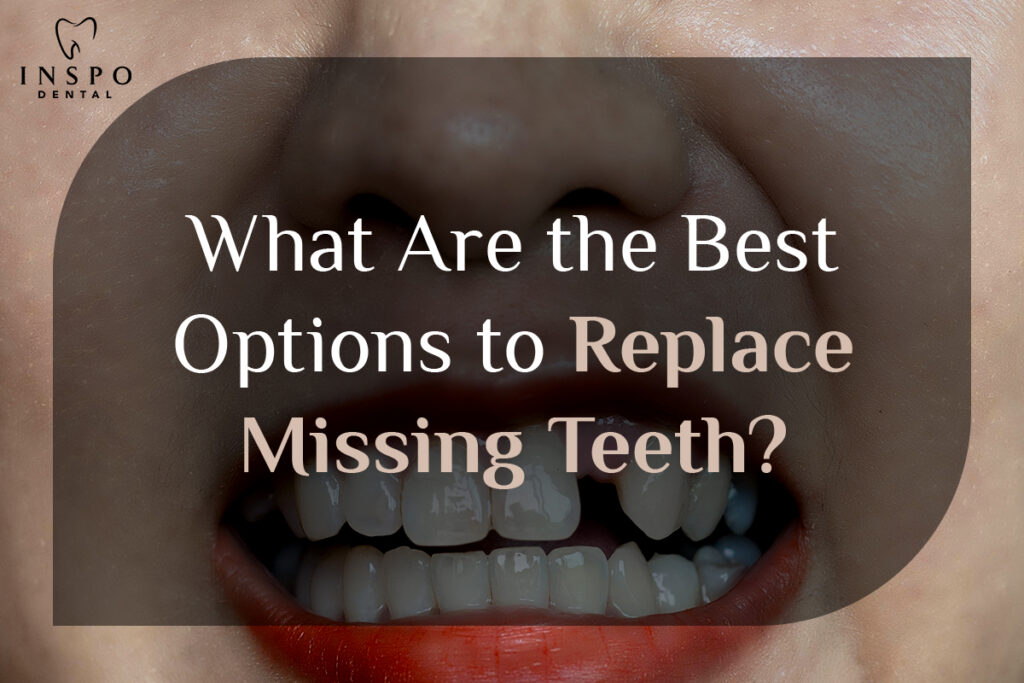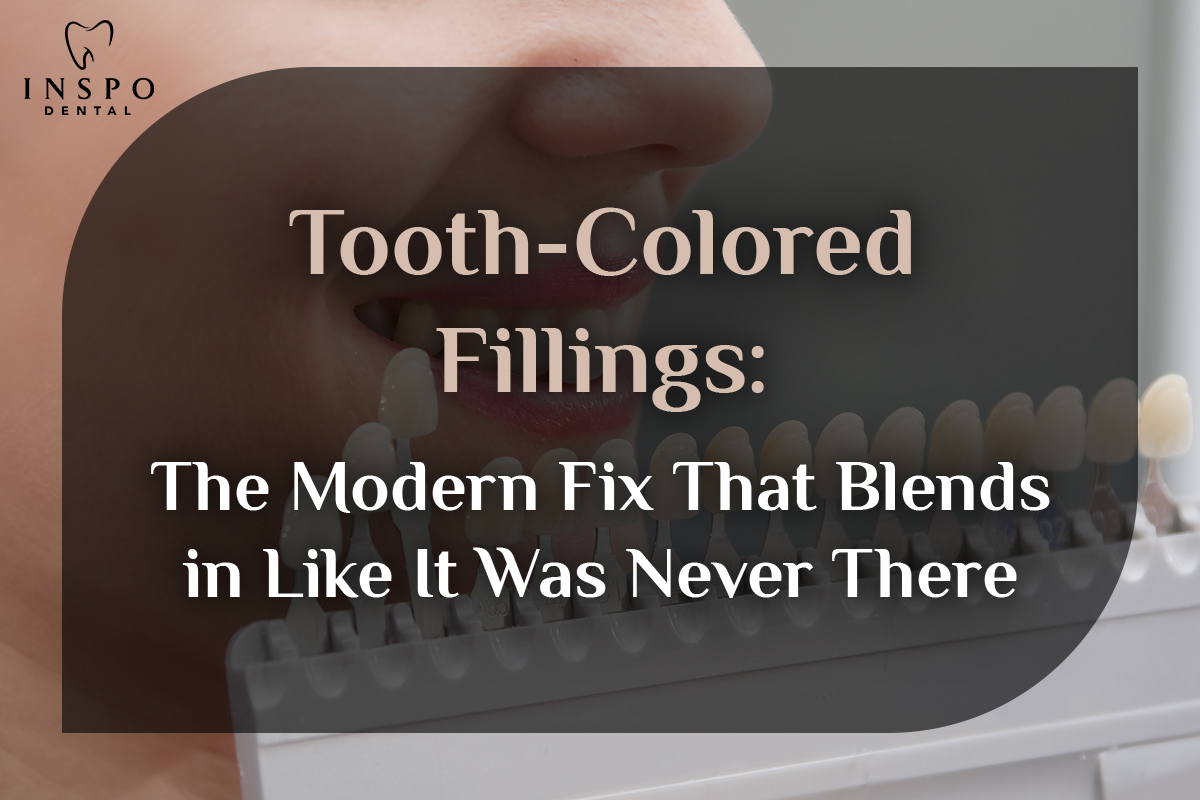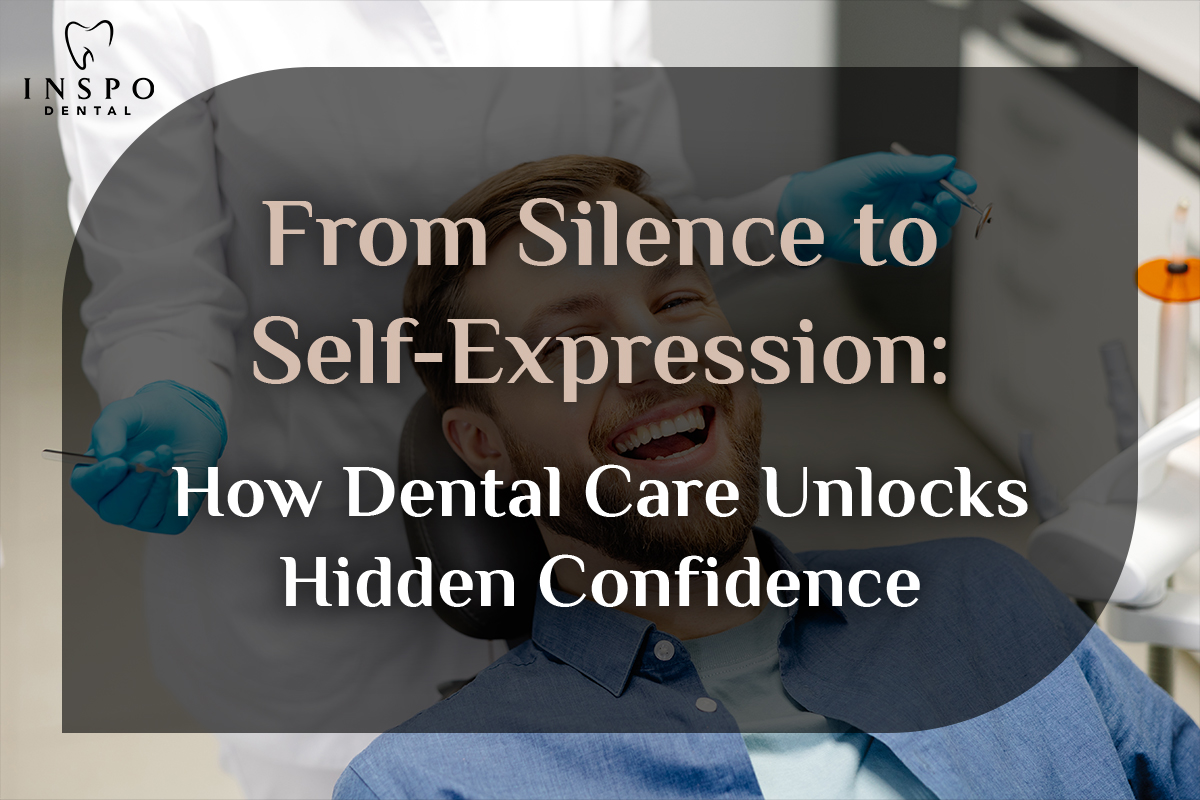Missing teeth can significantly impact your oral health, functionality, and aesthetics. Fortunately, there are several options available to replace missing teeth, each offering unique benefits and considerations. This comprehensive guide explores the best options for replacing missing teeth, including dental implants, dental bridges, dentures, implant-supported dentures, and resin-bonded bridges, providing detailed insights into their advantages, disadvantages, and suitability for different situations.
Dental Implants
Overview
Dental implants are widely regarded as one of the most effective solutions for replacing missing teeth. This procedure involves surgically placing a titanium post into the jawbone, which serves as a replacement root. An artificial tooth (crown) is then attached to this post. Dental implants are known for their durability and functionality, closely mimicking natural teeth.
Benefits
Durability: Dental implants are highly durable and can last a lifetime with proper care. The titanium post integrates with the jawbone, providing a stable foundation for the artificial tooth.
Functionality: Implants function like natural teeth, allowing for normal biting and chewing. This stability helps maintain the integrity of the jawbone and prevents bone loss, which can occur when teeth are missing.
Aesthetics: Dental implants look and feel like natural teeth, enhancing the appearance of your smile and boosting self-confidence.
Bone Preservation: Implants stimulate the jawbone, preventing the bone loss that typically occurs when teeth are missing. This preservation of bone structure helps maintain facial contours and prevents the sunken appearance often associated with missing teeth.
Considerations
Cost: Dental implants are generally more expensive than other tooth replacement options. The cost can vary depending on the number of implants needed and the complexity of the procedure.
Surgery: The procedure involves surgery and a healing period, which can take several months. Patients need to have sufficient bone density to support the implants, and in some cases, bone grafting may be necessary.
Time: The implant process can take several months from start to finish, including the time required for the jawbone to integrate with the implant.
Dental Bridges
Overview
Dental bridges are another popular option for replacing missing teeth. A bridge consists of one or more artificial teeth anchored by crowns on adjacent natural teeth. There are several types of dental bridges, including traditional bridges, cantilever bridges, and Maryland bridges.
Benefits
Non-removable: Unlike dentures, dental bridges are fixed and do not need to be removed for cleaning. This permanence provides stability and convenience.
Functionality: Bridges restore the ability to chew and speak effectively, improving overall oral functionality. They distribute the bite force evenly, preventing remaining teeth from shifting out of position.
Aesthetics: Modern bridges are designed to match the color and shape of your natural teeth, providing a seamless and natural-looking smile.
Quick Procedure: The process of getting a dental bridge is relatively quick, often requiring only a few visits to the dentist.
Considerations
Preparation of Adjacent Teeth: The adjacent teeth need to be prepared and possibly altered to support the bridge. This preparation can involve removing some of the tooth structure, which can compromise the health of these supporting teeth over time.
Longevity: Bridges generally last 10-15 years before needing replacement or repair. Regular dental visits and good oral hygiene can help extend the lifespan of a bridge.
Bone Loss: Unlike dental implants, bridges do not prevent bone loss in the jaw. The absence of a root structure can lead to gradual bone deterioration over time.
Dentures
Overview
Dentures are removable prosthetic devices that can replace missing teeth. They come in two main types: full dentures, which replace all the teeth in the upper or lower jaw, and partial dentures, which replace a few missing teeth.
Benefits
Cost-effective: Dentures are usually less expensive than dental implants or bridges, making them a more accessible option for many people.
Non-invasive: Dentures do not require surgery, making them a suitable option for patients who may not be candidates for surgical procedures due to health reasons.
Flexibility: Partial dentures can be used if some natural teeth remain, allowing for a customized approach to tooth replacement.
Aesthetic Improvement: Modern dentures are designed to look natural and improve the appearance of your smile, restoring confidence and self-esteem.
Considerations
Stability: Dentures may shift or move, especially if they do not fit properly. This movement can affect speech and eating, causing discomfort and potential embarrassment.
Maintenance: Dentures require daily cleaning and maintenance. They should be removed and cleaned regularly to prevent infections and maintain oral hygiene.
Bone Loss: Dentures do not prevent bone loss in the jaw, which can lead to changes in facial structure and a sunken appearance over time.
Comfort: Some patients may find dentures uncomfortable, especially during the initial adjustment period. Sore spots and irritation can occur, requiring adjustments by a dentist.
Implant-Supported Dentures
Overview
Implant-supported dentures combine the stability of dental implants with the convenience of dentures. These dentures are anchored to the jawbone with implants, providing a more secure fit than traditional dentures. They can be either fixed or removable.
Benefits
Stability: Implant-supported dentures are more stable than traditional dentures, reducing movement and enhancing comfort. This stability allows for more natural eating and speaking.
Improved Function: These dentures provide better chewing and speaking capabilities compared to traditional dentures. Patients can enjoy a wider variety of foods without worrying about dentures slipping or causing discomfort.
Bone Preservation: Implant-supported dentures help maintain jawbone health by stimulating the bone and preventing bone loss. This preservation of bone structure helps maintain facial contours and overall oral health.
Long-term Solution: While more expensive initially, implant-supported dentures can be a long-term solution that offers significant benefits in terms of functionality and comfort.
Considerations
Cost: Implant-supported dentures are more expensive than regular dentures but generally less than full dental implants. The initial cost includes the price of the implants and the dentures.
Surgery: The procedure requires surgical placement of implants, which may not be suitable for all patients. Patients need to have sufficient bone density to support the implants, and in some cases, bone grafting may be necessary.
Time: The process involves multiple stages, including implant placement, healing time, and fitting the dentures. This can take several months to complete.
Resin-Bonded Bridges (Maryland Bridges)
Overview
Resin-bonded bridges, also known as Maryland bridges, are a less invasive alternative to traditional bridges. They involve attaching a false tooth to metal or porcelain wings that are bonded to the back of adjacent teeth.
Benefits
Minimally Invasive: Resin-bonded bridges require less preparation of adjacent teeth compared to traditional bridges. This minimal preparation helps preserve the natural structure of the supporting teeth.
Cost-effective: Typically, Maryland bridges are less expensive than traditional bridges or dental implants, making them an affordable option for many patients.
Aesthetics: These bridges can be made to match the color and shape of your natural teeth, providing a natural and aesthetically pleasing appearance.
Quick Installation: The procedure for installing a resin-bonded bridge is relatively quick and straightforward, often requiring only one or two dental visits.
Considerations
Strength: Resin-bonded bridges are generally less durable than traditional bridges and may not be suitable for replacing back teeth that are subjected to high biting forces. They are best suited for front teeth, which experience less stress from chewing.
Longevity: These bridges usually last around 5-10 years before needing replacement. Regular dental check-ups and good oral hygiene can help extend their lifespan.
Potential for Loosening: The adhesive used to bond the wings to the adjacent teeth can weaken over time, potentially causing the bridge to loosen or detach. Regular dental visits are essential to monitor and maintain the bridge.
Conclusion
Choosing the best option for replacing missing teeth depends on various factors, including your oral health, budget, and personal preferences. Consulting with a dental professional is crucial to determine the most suitable solution for your specific needs. Each option—dental implants, dental bridges, dentures, implant-supported dentures, and resin-bonded bridges—offers unique benefits and considerations.
Dental implants provide a durable, long-term solution that closely mimics natural teeth, but they are more expensive and require surgery. Dental bridges offer a fixed, non-removable option that restores function and aesthetics but requires preparation of adjacent teeth. Dentures are a cost-effective, non-invasive solution but may lack stability and require daily maintenance. Implant-supported dentures combine the benefits of implants and dentures, providing improved stability and function. Resin-bonded bridges are a minimally invasive, cost-effective option best suited for front teeth.
Regular consultations and professional evaluations ensure that the chosen method provides the best possible outcome in terms of aesthetics, functionality, and overall oral health. By understanding the benefits and limitations of each option, you can make an informed decision that best meets your dental and lifestyle needs.






